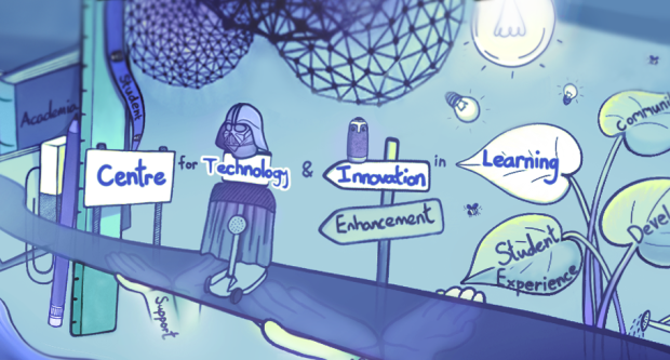Medium
4w
313

Image Credit: Medium
The Role of AI in Education and Research: Navigating the Fine Line Between Innovation and Integrity
- AI has transformed academic writing into an automated process, allowing individuals to produce content in hours that previously took days or weeks.
- A significant percentage of academic work already incorporates AI, with 94% of university papers in a survey being undetected for AI usage.
- The widespread use of AI in academic work raises questions surrounding the integrity of the education and research industry.
- The ability of AI to mimic human language and understanding threatens to dilute the value of human thought and originality.
- Regulatory frameworks are needed for AI to be used ethically in academia, including guidelines, transparency, and ensuring human input remains paramount.
- Experts suggest that AI should be used to complement human reasoning and not replace it.
- Without guidelines and ethical oversight, there is a risk of diminishing the value of human input in academic work.
- The challenge is to balance the efficiency and innovation AI brings with ensuring that it serves as a tool that enhances human intellectual contributions.
- The future of education and research in the age of AI depends on our ability to govern these tools responsibly and ensure human creativity is supported.
- The value of academic integrity should not be compromised by AI, and there should be a clear regulatory framework to ensure ethical usage in education and research.
Read Full Article
18 Likes
For uninterrupted reading, download the app